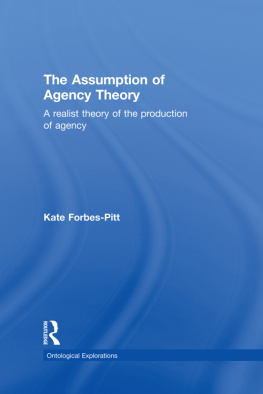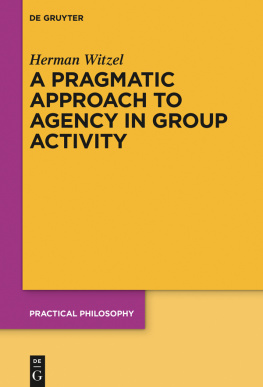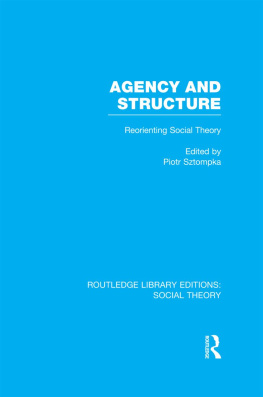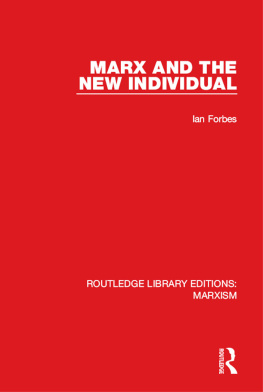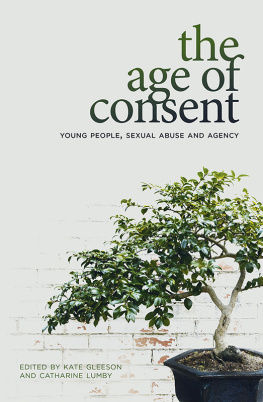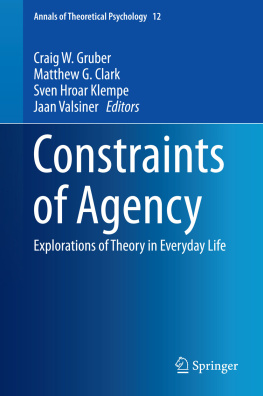The Assumption of Agency Theory
The Assumption of Agency Theory revisits the Turing Test and examines what Turings assessor knew. It asks important questions about how machines vis vis humans have been characterized since Turing, and seeks to reverse the trend of looking closely at the machine by asking what humans know in interaction and how they know it.
Building upon existing theories of philosophy of mind, this book shows not how humans operate theoretically, but how they use every day human skill to overcome knowledge barriers and understand each other through knowing themselves. Only once human interaction has been theorized in this way are machines able to be placed within it; when it is easier to understand what humans believe them to be. This book characterizes a non-human agent that shows itself in interaction but is distinct from human agency: an agent acting with us in our ongoing reproduction and transformation of structure. Turing predicted that at the end of the twentieth century we would refer to thinking machines without fear of contradiction. The Assumption of Agency Theory shows how and why, even if we dont say it, we deal with machines every day as if they are thinking, acting agents.
Kate Forbes-Pitt left a career in IT to read Sociology at the London School of Economics before earning her PhD in Philosophy of Social Science at Lancaster University. Kate is currently a Research Fellow at the cole Polytechnique Fdrale de Lausanne, where she is pursuing a philosophy of virtual worlds.
Ontological Explorations
Other titles in this series:
From One Empire to the Next
Radha DSouza
Science for Humanism
The recovery of human agency
Charles R. Varela
Philosophical Problems of Sustainability
Taking sustainability forward with a critical realist approach
Jenneth Parker
Dialectic and Difference
Dialectical critical realism and the grounds of justice
Alan Norrie
Interdisciplinarity and Climate Change
Transforming knowledge and practice for our global future
Edited by Roy Bhaskar, Cheryl Frank, Karl Georg Hyer, Petter Naess and Jenneth Parker
Conversations about Reflexivity
Edited by Margaret S. Archer
Relational Sociology
A new paradigm for the social sciences
Pierpaolo Donati
Sociological Realism
Edited by Andrea M. Maccarini, Emmanuele Morandi and Riccardo Prandini
The Assumption of Agency Theory
A realist theory of the production of agency
Kate Fo rbes-Pitt
The Assumption of Agency Theory
A realist theory of the production of agency
Kate Forbes-Pitt
First published 2011
by Routledge
2 Park Square, Milton Park, Abingdon, Oxon OX14 4RN
Simultaneously published in the USA and Canada
by Routledge
711 Third Avenue, New York, NY 10017
Routledge is an imprint of the Taylor & Francis Group, an informa business
2011 Kate Forbes-Pitt
The right of the author to be identified ed as author of this work has been asserted by her in accordance with sections 77 and 78 of the Copyright, Designs and Patents Act 1988.
All rights reserved. No part of this book may be reprinted or reproduced or utilised in any form or by any electronic, mechanical, or other means, now known or hereafter invented, including photocopying and recording, or in any information storage or retrieval system, without permission in writing from the publishers.
British Library Cataloguing in Publication Data
A catalogue record for this book is available from the British Library
Library of Congress Cataloging in Publication Data
The assumption of agency theory / edited by Kate Forbes-Pitt.
p. cm.
1. Agent (Philosophy) 2. Philosophical anthropology. 3. Critical realism.
4. Turing test. 5. Artificial intelligencePhilosophy. I. Forbes-Pitt, Kate.
BD450.A795 2011
128.4 dc22
2010043105
ISBN 13: 978-0-415-78211-1 (hbk)
ISBN 13: 978-0-203-09344-3 (ebk)
Contents
Preface
In 1991 I worked with an early electronic document management system. It was my job in the absence of anyone else who wanted to do it to train self-selected staff in the system. The staff who volunteered tended to be women in their late thirties and early forties. They were often people bored with their jobs who were looking for a few days out of the office and/or additional skills. Most had never sat at a computer before; none had used a mouse.
I had them for three days to get them from having no PC knowledge at all to knowing how to use a complex system so that they could contribute work for my department. It became quickly apparent that many of these women were in a state approaching abject fear when facing a PC. It always fascinated me that a machine I used day in and day out engendered fear in otherwise intelligent, well-adjusted, ordinary women.
I then started to implement electronic document management systems in organisations and encountered some strange resistance practices among staff women and men who appeared afraid of what the system would do to their work and status. I realised that their resistance was, to them, entirely rational. It was just that they saw the system in very different terms to me; they didnt trust its intentions.
Throughout my under- and post-graduate work, I searched for a theory that would explain the reactions that I had seen. I would think that I had found one and then it would fall apart as an explanation as I worked through trying to account for the behaviour. So, I figured I had to write it myself. It ended up being about far more than the technology. I discovered that in order to show how technology was for these users in their everyday lives I needed to look deeply into and redefine the starting point: agency.
Acknowledgements
The Assumption of Agency Theory made the journey from initial thoughts to completed manuscript largely because of the influence of two exceptional women: Dr Nathalie Mitev and Elizabeth Jarman Day. Nathalie held faith in both me and my ability through difficult times and waited patiently for me to catch up. I am fortunate in her friendship. Elizabeth saved my life and then showed me how to live it, all the time making me laugh as few others have! It has been my good fortune, privilege and honour to have found two such inimitable mentors in recent years. I owe you both a great deal and I extend you very special thanks.
Back in 2001, Professor Bill McKelvey introduced me to metatheory and he has been a constant source of support and inspiration since, latterly providing me with physical and mental space to work in UCLA, for which I have been very grateful. Professor Steve Fleetwood took me in and let me run with my ideas when others would not. I hope he thinks it was worth it! Professor Bob Jessop provided invaluable feedback on final drafts and much confidence building, not to mention invaluable assistance in navigating university administration. Thank you all.
Professor Margaret Archer was incredibly helpful with the task of turning this work into a published book. Her continuing support and encouragement for both my theoretical ideas and their expression is deeply appreciated. I am also grateful to Professor Roy Bhaskar for comments and encouragement during this process.
Finally, thanks go to my parents for their help with my desire to complete my education, albeit somewhat later than they had originally envisaged! For as long as I can remember, my mother has impressed upon me the importance of questioning


